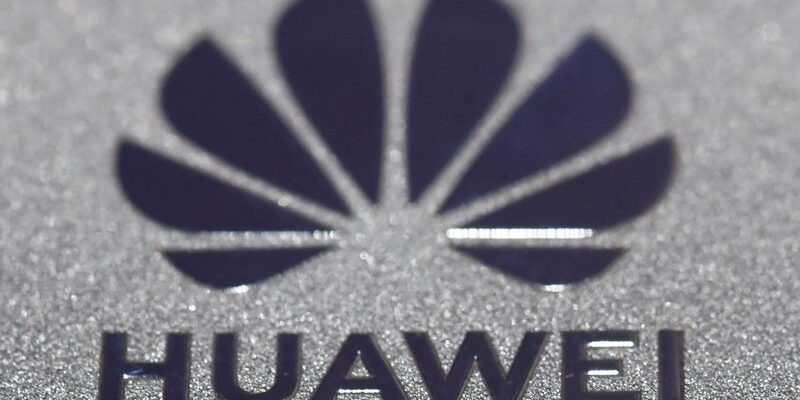BERLIN (Reuters) – Germany is considering banning telecom operators from using certain components made by Chinese groups Huawei and ZTE in the 5G network on security grounds, a government source said.
German media had reported on Monday, citing sources, that the ban could include components already built into networks, forcing operators to remove and replace them.
A spokesperson for the Interior Ministry confirmed that the German government, which is reassessing its relationship with China, its biggest trading partner, is carrying out a general review of telecommunications technology providers.
However, no operator has yet been banned from using certain components from Chinese companies in its 5G networks, the spokesperson said.
“The main change is that these strict controls for potential security risks now also apply to existing components in telecommunications networks,” the spokesperson said, adding that operators would not be compensated for parts that must be removed from the network and replaced.
A Home Office document seen by Reuters says a specific supplier could be barred from supplying critical components if it is found to be directly or indirectly controlled by another state’s government.
Some critics of Huawei and ZTE say their ties to Chinese security services could facilitate espionage by Beijing, a charge the Chinese companies and government reject and see as motivated by a desire to back non-Chinese rivals.
A Huawei spokesperson refrained from commenting on the reports on Tuesday, adding that the group had a “very good security record” in its 20 years of supplying technology to Germany and the rest. of the world.
A ZTE spokesperson said no evidence had been produced to suggest its products were unsafe, and said it welcomed an external review.
(Reporting Sarah Marsh, Andreas Rinke, Friederike Heine and Hakan Ersen, with contributions from Supantha Mukherjee; French version Diana Mandiá, editing by Kate Entringer)
©2023 Thomson Reuters, all rights reserved. Reuters content is the intellectual property of Thomson Reuters or its third party content providers. Any copying, republication or redistribution of Reuters content, including by framing or similar means, is expressly prohibited without the prior written consent of Thomson Reuters. Thomson Reuters shall not be liable for any errors or delays in content, or for any actions taken in reliance thereon. “Reuters” and the Reuters Logo are trademarks of Thomson Reuters and its affiliated companies.
